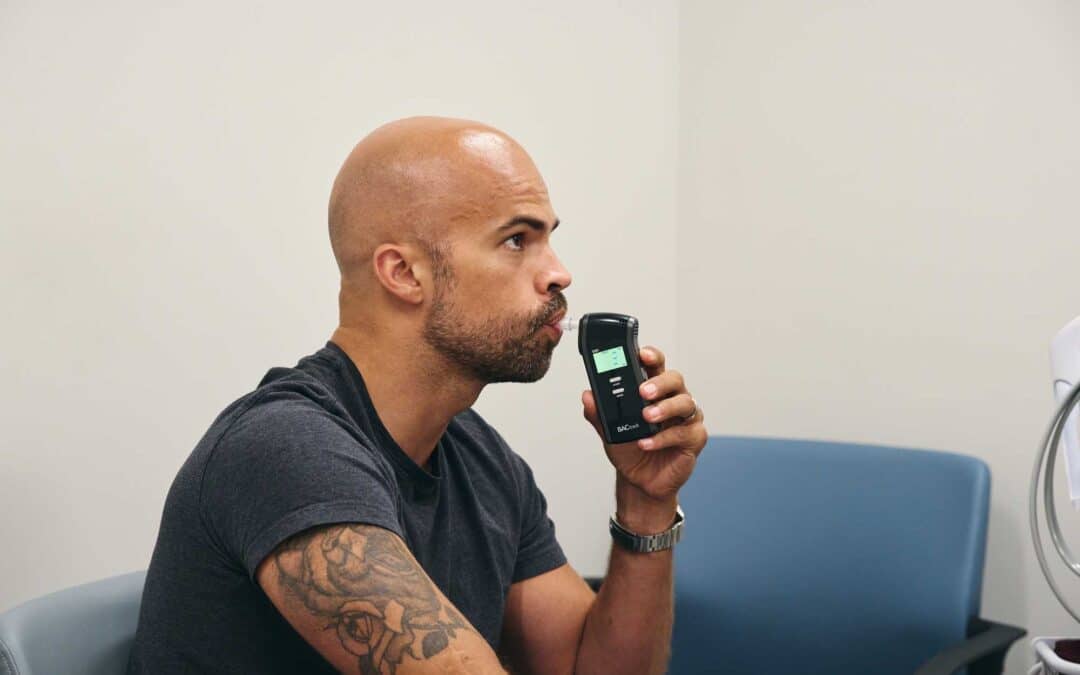The Role of Honesty in Overcoming Addiction to Alcohol and Benzodiazepines
Honesty is a crucial aspect of the recovery process for individuals struggling with addiction. This month, at Liberty Health Services, we’re exploring the role of honesty in alcohol treatment and benzodiazepine treatment As a core principle in the recovery process, honesty can help patients overcome the challenges of substance abuse and achieve lasting change.
The Importance of Honesty in Recovery
Honesty plays a vital role in the addiction recovery process, as it helps individuals face the realities of their situation. By accepting the truth and admitting that they have a problem, patients can begin to acknowledge their need for help. Honesty also builds trust, serving as the foundation for strong relationships with therapists and support groups. Additionally, being honest with oneself encourages self-reflection and personal growth, which are essential components of a successful recovery journey.
According to the Substance Abuse and Mental Health Services Administration (SAMHSA), open communication and honesty are essential for successful addiction treatment.
II. Alcohol Treatment: Embracing Honesty
In [alcohol treatment](internal link), honesty is an indispensable tool for personal transformation. Detoxification, the first step in treatment, requires patients to be honest with their healthcare providers about their substance use history. This information enables medical professionals to develop an appropriate and effective detox plan. Throughout counseling and therapy, honesty is crucial for effective communication, allowing therapists to better understand and address the underlying causes of addiction. Support groups also rely on honesty, as sharing personal experiences and forming bonds with others in recovery is key to building a strong support network.
Benzodiazepine Treatment: The Power of Truth
Like alcohol treatment, honesty is paramount in [benzodiazepine treatment](internal link). Medical detoxification involves safely managing withdrawal symptoms, which can only be achieved through honest communication with healthcare professionals. Cognitive-behavioral therapy (CBT), a popular approach in benzodiazepine treatment, relies on honesty to identify and address the root causes of addiction. Additionally, ongoing support is critical for long-term recovery. Establishing a recovery plan through open and honest dialogue with therapists, support groups, and loved ones can significantly improve the chances of success.
Honesty as the Key to Relapse Prevention
Maintaining honesty throughout the recovery process is essential for preventing relapse. By being accountable and conducting honest self-assessments, individuals can recognize and manage triggers that may lead to relapse. Developing relationships based on trust and honesty with friends, family, and peers in recovery helps create a strong support network that can provide assistance when needed. If a relapse does occur, honesty plays a crucial role in learning from the experience and moving forward on the path to recovery.
Where to Find Help for Alcohol and Benzodiazepine Use
The journey to recovery from alcohol and benzodiazepine addiction is fraught with challenges. However, honesty can serve as a beacon of hope, guiding individuals through the process and facilitating personal growth. By incorporating honesty into all aspects of treatment, individuals can experience a more meaningful and lasting recovery. At Liberty Health Services, we’re committed to helping our patients embrace honesty as they work towards a healthier, happier future.


